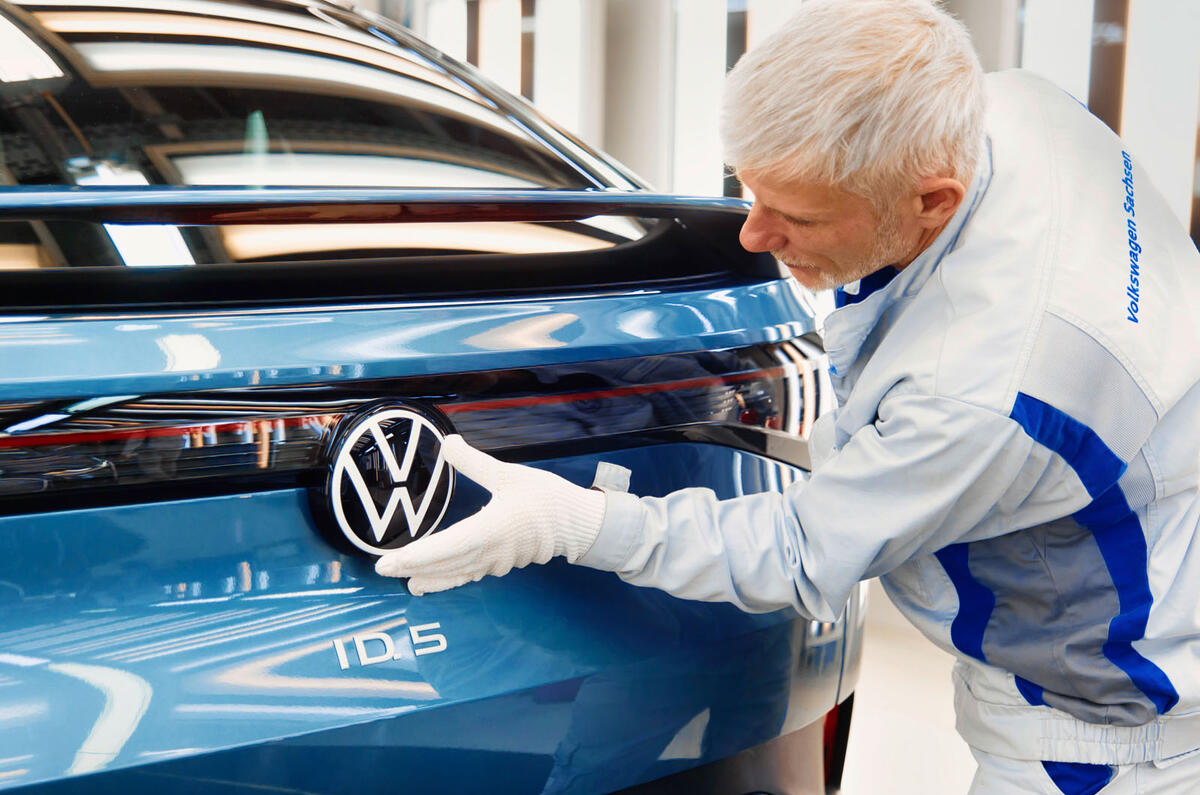The drumbeat of pressure on the European Union to provide a riposte to the vast US Inflation Reduction Act (IRA) subsidy package for green technology, including EVs and battery plants, is growing louder as the Volkswagen Group reportedly pauses plans for a new cell plant in eastern Europe.
The sheer size of the $369 billion (£309bn) incentive on offer to those that localise production of electric cars and batteries in the US has turned the head of many car makers, and left others worried that it’ll shrink an industry back home already under pressure from China’s dominance in the battery supply chain.




Add your comment